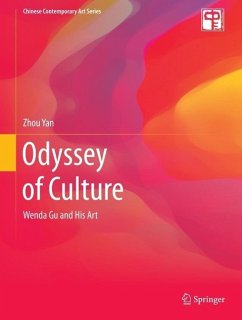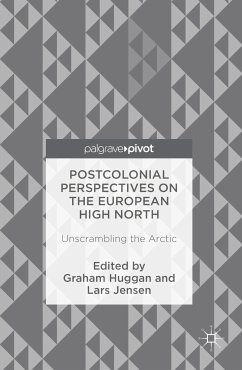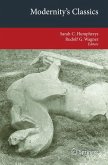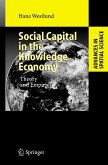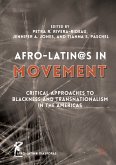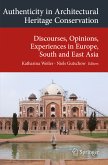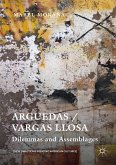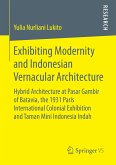This book is the first case study on Wenda Gu that systematically investigates the cultural and artistic context of his life and works, examining selected images of his artwork spanning from the late 1970s to the early 21st century. It is the first monograph to provide a comprehensive and profound study of a Chinese contemporary artist. In the 1980s, the School of Hermeneutics attempted to launch a discursive revolution. Vanguard artists believed that the visual art revolution was an integral part of the critique of culture because it tended to subvert and rebuild the cultural tradition at a discursive level. This book, using a case study on Wenda Gu as representative of Chinese avant-garde, investigates the centrality of culture in art, providing readers with insights on the origin, rationale and methodology of Chinese contemporary art.
Dieser Download kann aus rechtlichen Gründen nur mit Rechnungsadresse in A, B, BG, CY, CZ, D, DK, EW, E, FIN, F, GR, HR, H, IRL, I, LT, L, LR, M, NL, PL, P, R, S, SLO, SK ausgeliefert werden.

